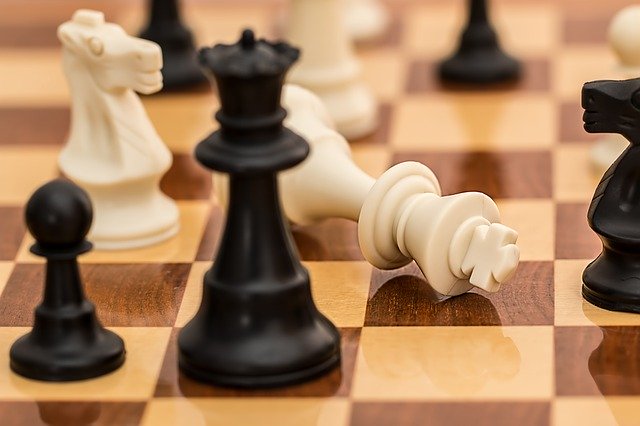We are not talking here about people like the Illuminati, Freemasons or Anonymous, whose existence and influence on the world is highly questionable. Thus, elites have been treated for a very long time in political science as well as sociology, and several theories and perspectives have emerged on this whole issue. Here are some basic ideas that can help us delve deeper into this topic.
- Elite as a concept
An elite is a group of people who, by virtue of their personal characteristics or social status, stand at the top of society and influence it in some way.
The opposite of the elite is the non-elite, the part of society that is influenced by the elite. According to most sociologists and political scientists who deal with elite theory, the elite maintain their position by preying on and manipulating the non-elite or parts of it. For example, the elite encourage the lower classes to be individualistic, but are themselves very cooperative (elite families marry or “ally” with each other in addition to business contracts). [According to Italian sociologist and economist Professor V. Pareto (1848-1923), however, there is a cycle in the elite, with one elite being replaced by another as the former loses its ability to maintain its position. The American radical sociologist Professor CH.W. Mills (1916-1962) turned around and saw the elite as the “Big Three” consisting of economic corporations, political power, and the military, and thus, according to him, the elite are those who control these three components in the government, or state. Although he initially defined the situation in this way only in the U.S., today this model can be found all over the world.
According to most sociologists and political scientists who deal with elite theory, the elite maintain their position by preying on and manipulating the non-elite or parts of it. For example, the elite encourage the lower classes to be individualistic, but are themselves very cooperative (elite families marry or “ally” with each other in addition to business contracts). [According to Italian sociologist and economist Professor V. Pareto (1848-1923), however, there is a cycle in the elite, with one elite being replaced by another as the former loses its ability to maintain its position. The American radical sociologist Professor CH.W. Mills (1916-1962) turned around and saw the elite as the “Big Three” consisting of economic corporations, political power, and the military, and thus, according to him, the elite are those who control these three components in the government, or state. Although he initially defined the situation in this way only in the U.S., today this model can be found all over the world.
- Subsidiary and individual elites
There is always a fundamental difference between these two elites that separates them. Auxiliary elites are those who have risen to the top on their own without much capital investment, and whose success is primarily due to their abilities (e.g., Steve Jobs, partially Donald Trump). The discreet elite, on the other hand, are those who have been at the top for several generations, are among the wealthiest and most influential people in the world, yet are rarely seen in public (Czech politician Karel Schwarzenberg may be an exception).
- Contemporary elites
The most closed elites are the British and French, who have private lodges (for example, former President F. Hollande was a member of such a lodge). Perhaps no one would stand before a packed audience and say, “The elites really run the world today!” ), but the fact is that while not much is said about the elite, there are certainly influential artists, talented politicians, multi-million dollar businessmen, and others who have some degree of influence and power, and many of them have taken full advantage of it to become key state officials and media stars They have. But wars, epidemics, and the almost certain destruction of civilization somewhere in the distant future are probably almost impossible to prevent.
